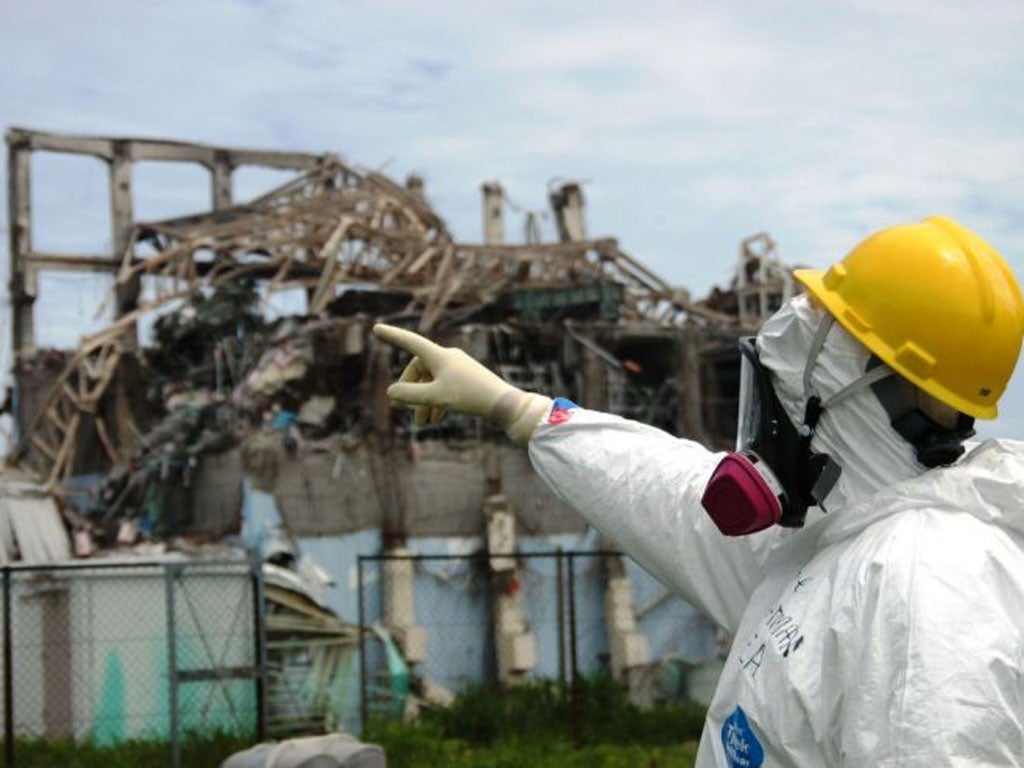Europe's reactors 'need €25bn safety refit'

Nuclear "stress tests" carried out at the European Union's 143 atomic reactors have exposed "hundreds" of problems which could need up to €25bn of investment in order to restore proper plant safety levels, a report reveals today.
The disturbing safety shortcomings were disclosed in a leaked draft of a report on the state of Europe's atomic power industry, which is due to be published by the European Commission in Brussels today. It was commissioned in the aftermath of last year's nuclear disaster in Japan, when an earthquake and subsequent tsunami led to a meltdown at three of the Fukushima nuclear plant's reactors.
The draft, which could differ from the final version of the report, concluded that "on the basis of the stress test results, practically all nuclear plants need to undergo safety improvements".
"Hundreds of technical upgrade measures have already been identified," it added.
With Europe struggling to shake off its economic woes, the draft report warned that safety precautions differed greatly and that the amount needed to upgrade them ranged from €30m to €200m per reactor unit – or a total of up to €25bn across the EU.
It also pointed out that 47 of the EU's plants contained a total of 111 reactors which were surrounded by more than 100,000 inhabitants living within 30km.
Although the stress tests were conducted to minimise the risk of a Fukushima-style disaster happening in Europe, the report came to the alarming conclusion that in some cases safety recommendations made in the aftermath of much earlier nuclear disasters had not been enforced.
"Following the accidents at Three Mile Island and Chernobyl, urgent measures to protect nuclear plants were agreed. The stress tests demonstrated that even today, decades later, their implementation is still pending in some member states," it warned.
According to the leak, the stress tests had shown that four reactors in two unnamed countries would have less than an hour to restore safety functions if electrical power was lost. However, the draft failed to specifically identify any of the reactors which suffered problems, or, in most cases, reveal the exact nature of the safety defects.
The stress tests also found deficiencies at Britain's nuclear plants. It said most of them lacked an alternative emergency control room which could be used as a back-up if the main control room became contaminated by radiation. However, the UK Department of Energy insisted to the BBC that there was no evidence that British nuclear facilities were unsafe.
Anti-nuclear groups said the report's warnings did not go far enough, and failed to address risks linked to ageing technology and terrorist attack.
Join our commenting forum
Join thought-provoking conversations, follow other Independent readers and see their replies
Comments
Bookmark popover
Removed from bookmarks